Journaling is such an important part of my life.
I think I’ve always instinctively believed this, but like most good things, good habits of my life, I dragged my feet over it.
Like writing itself—I spent so many years dabbling instead of diving in. How many novels or short stories or articles could have been written in the gaps I left in my years? Though I have journaled practically all my life, I haven’t consistently journaled all that time.
Still, the few entries I wrote when I was a kid are a delight to read. Going back through them every now and then reminds me of who I was, what I was hung up on, what I wanted to change.
It’s funny, but a lot of my journal entries show that I’ve faced the same personal challenges forever. I don’t know if that means I’m a slow learner, or if these are flaws in my personal character, or what, exactly. I just know that there are themes that have carried through in my life, from page to page, year after year.
The key, then—I say this thinking maybe this is something I’ve ignored—the key is to look back, reflect on these journal entries, find those common themes, then commit to doing something about them.
For example, stress and anxiety are something I’ve written about at length over the past several years. I have at least five years of entries in my Day One journal that reflect on anxiety, and what a challenge it has been in my life. And what I notice, as I look back, is that my strategy for dealing with that anxiety is always pretty much the same.
And obviously it hasn’t been working.
There is that pesky definition of insanity floating around, that it is “doing the same thing over and over, expecting a different result.” My strategy for managing my anxiety is, in fact, insanity. I keep doing the same stuff, and I keep doing the same result.
If you always put a cup of salt in our cookies, they’re always going to taste bad, no matter how carefully you kneed the dough or how many chocolate chips you add. Doing one thing better, adding something good, isn’t enough. Take the salt out.
That brings me to an important part of journaling—review.
Ryan Holiday, author and stoic philosopher, points out that journaling daily is an opportunity to review your day so that you can decide what went right, what went wrong, and what you can do better tomorrow. I think looking back at past journal entries is about the same thing.
Look back, review what you’ve written, and you can find the trends and the repeated occurrences. And when you see them, you can strategize around them. You can see what works and what doesn’t, and you can plan to do something different for once.
A lesson I apparently am still learning.
But it all starts with taking the time to keep a journal, and with doing that consistently.
When I’m talking to other authors about writing and editing, I like using the metaphor of a sculptor working with marble: You can’t carve David if you don’t have the block of marble to work with.
In that metaphor, I’m telling writers to focus on their rough draft first, without worrying about editing, and then come back and chip away any errors or mistakes or rough language during editing. But the point is you can’t edit what you haven’t written.
And you can’t review journal entires if you haven’t written any down, either.
Journaling isn’t easy. It’s a discipline. But it’s one that has so many perks and benefits, it would be crazy to avoid it.
You don’t have to overthink it. What you write doesn’t have to be glowing prose. It doesn’t even have to be spelled properly. Free write. Put thoughts down. Ignore the mistakes, ignore everything your fifth grade English teacher taught you. Just put down your thoughts, your fears, your joys, your worries—everything that is you goes on the page.
Looping back to Ryan Holiday, this video was a great list of tips for “journaling like a pro”: https://youtu.be/ZVeUIclaMTE
My own tips are a bit more mundane.
I use Day One, an app that is available on desktop computers, smartphones, and smart tablets, and that syncs with the cloud. I have dozens of journals in that app. And I use tagging for each entire, extensively, so I can sort back through and find common themes. The app does something wonderful—it shows you all the entries for a given day, going back to the earliest days of your journaling. I couldn’t possibly recommend this app high enough, it’s a vital part of my daily habits.
I also use Moleskine notebooks. My personal preference is for the little 3x5 gridded notebooks. I number the top corners of each page, and I start each day with the date, the time, the temperature, and the location I’m writing from. I also start each entire with “3 pieces of wisdom,” which are thoughts I have or quotes I’ve heard that feel wise to me, feel like good advice I should follow. And then I fill the entire page with raw thought, unedited and unplanned, until I come to the end. I write about anything and everything. It would be a very boring read for anyone but me, and sometimes even me.
I currently keep two Moleskines, actually. The one I described above is my “reflections” journal. Then there’s another one that I think of as my “planning” journal. In this one I write down my 5 Critical Tasks for the day, and I strike through each task as it’s created. I also do little thumbnail sketches in this journal, jot down quotes, jot down things I want to remember or tasks I want to add to my schedule. I make notes about book or business ideas. It’s a dumping ground, and I love it. It’s the most unorganized writing I do, and I love it.
The point is, journaling is the chisel and hammer I use to chip away the rough edges of myself, so I can shape myself in new and beautiful ways. Over the years, the specific practice for my journals has shifted and evolved. I change things up from time to time. I add this or subtract that. But I have come to recognize with absolute certainty that journaling is the key to my personal growth.
Journaling is how I tell myself who I am, and who I can become.
YOU ARE READING SIDE NOTES
Side Notes is an extension of my Notes at the End, which are author’s notes that appear at the end of every one of my novels. If you like these posts, you’ll love the books.
If you’d like to support me (and see more posts like this) you can do me two favors: First, peruse my catalog of books and find something you’d like to read; and second, join my mailing list to become part of an amazing community of readers and friends I interact with regularly. Thank you for your support!






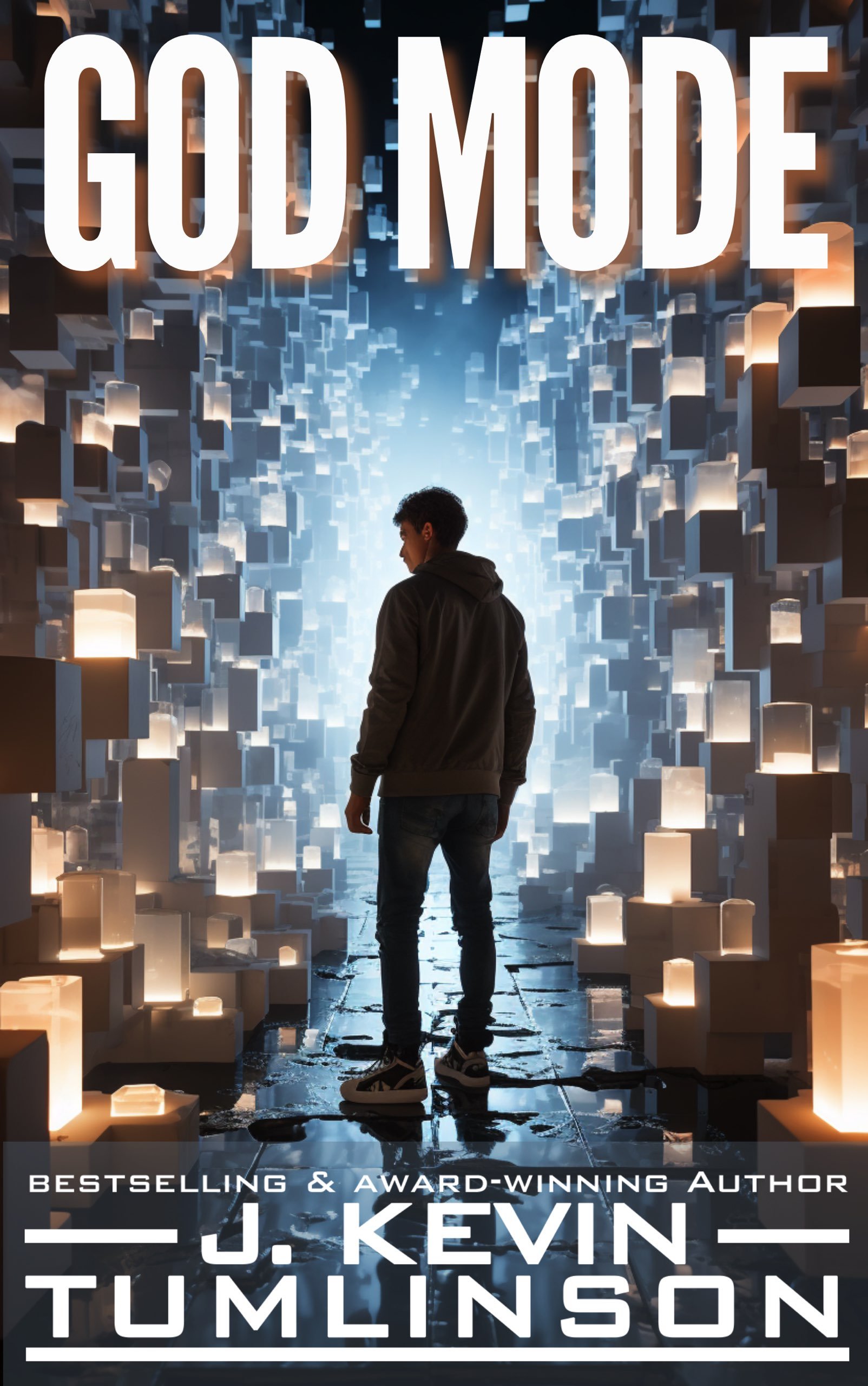
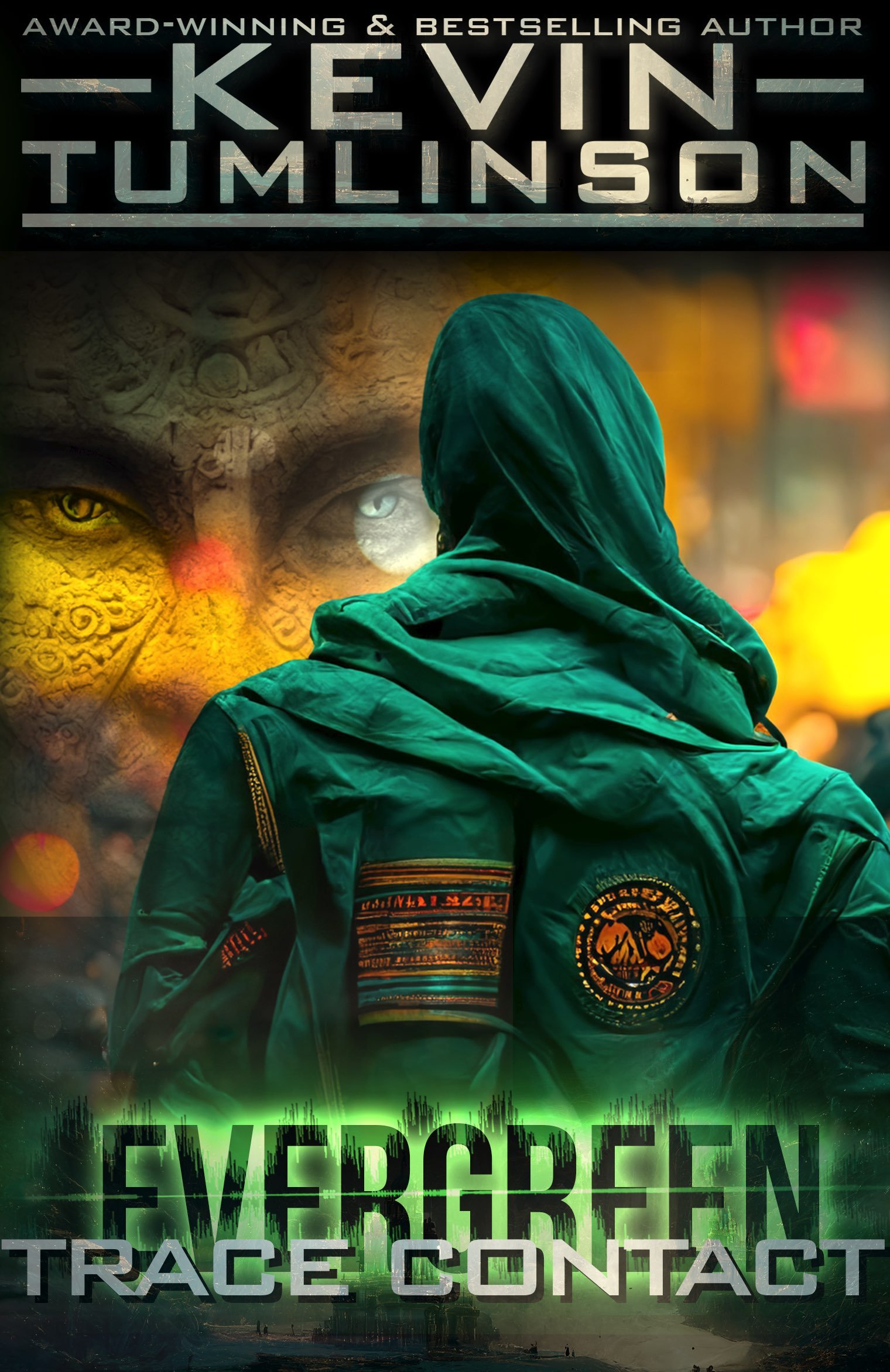
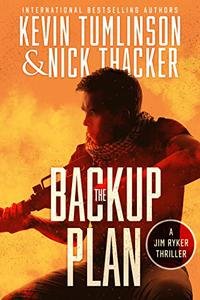
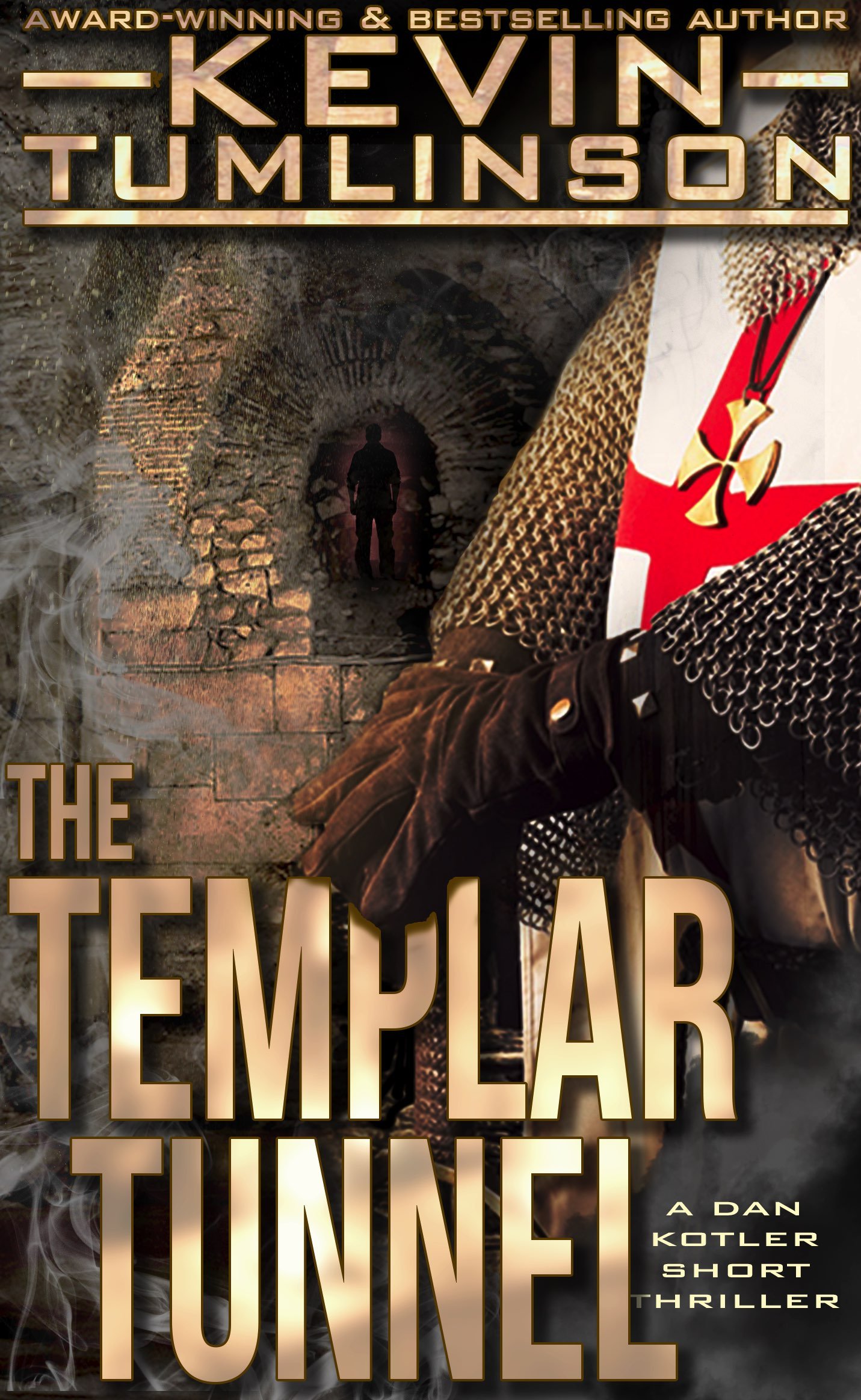
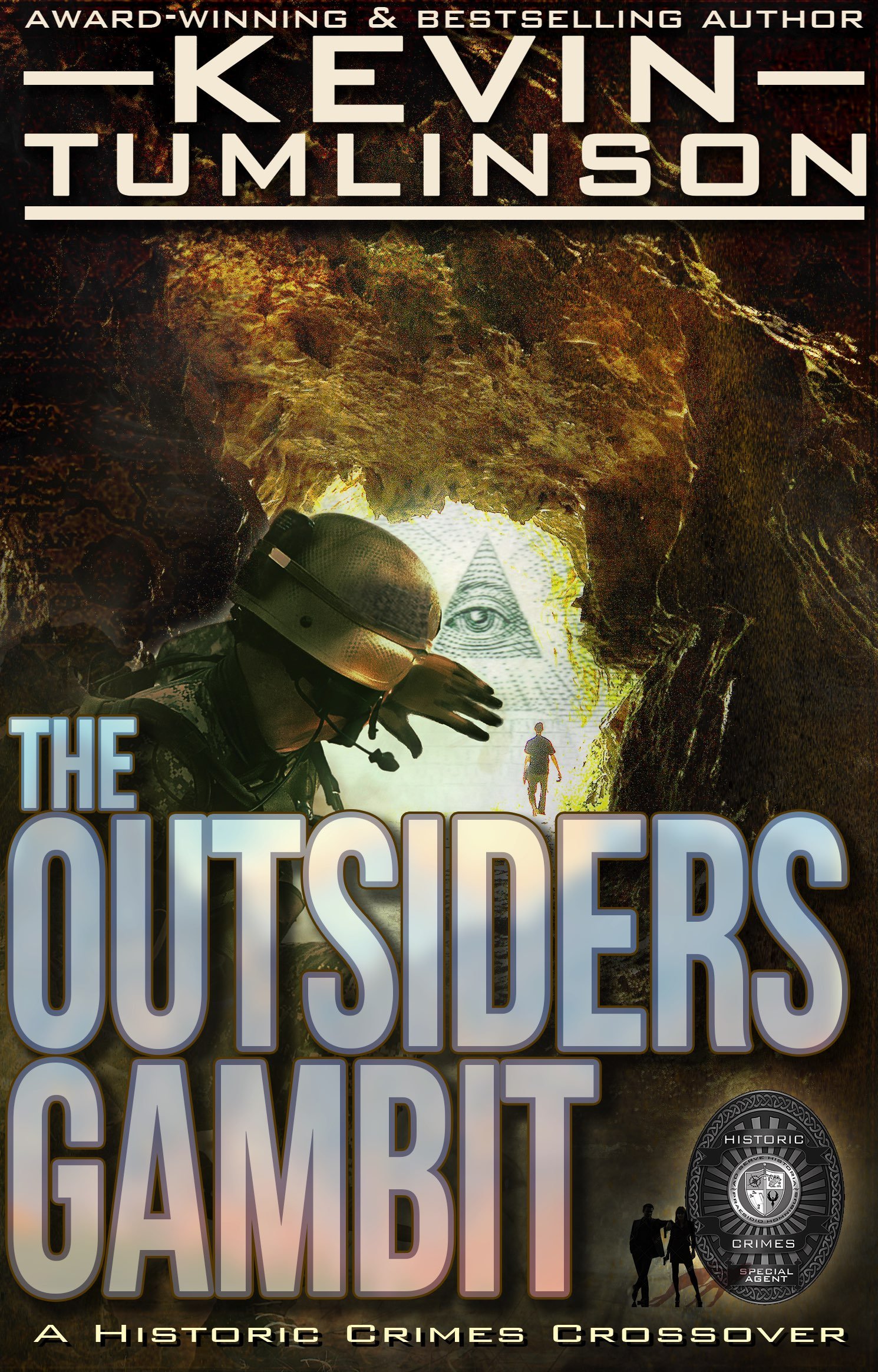
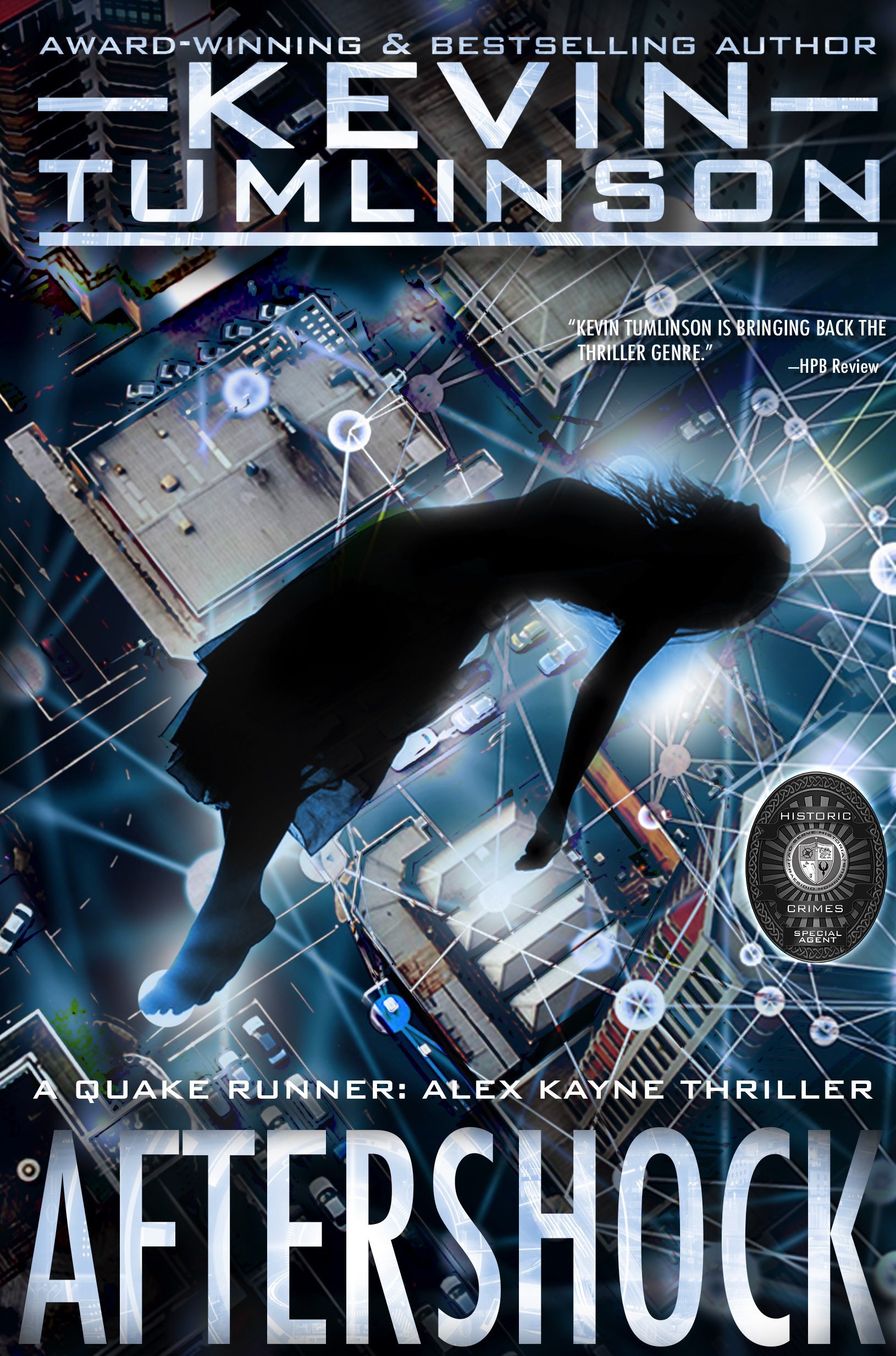
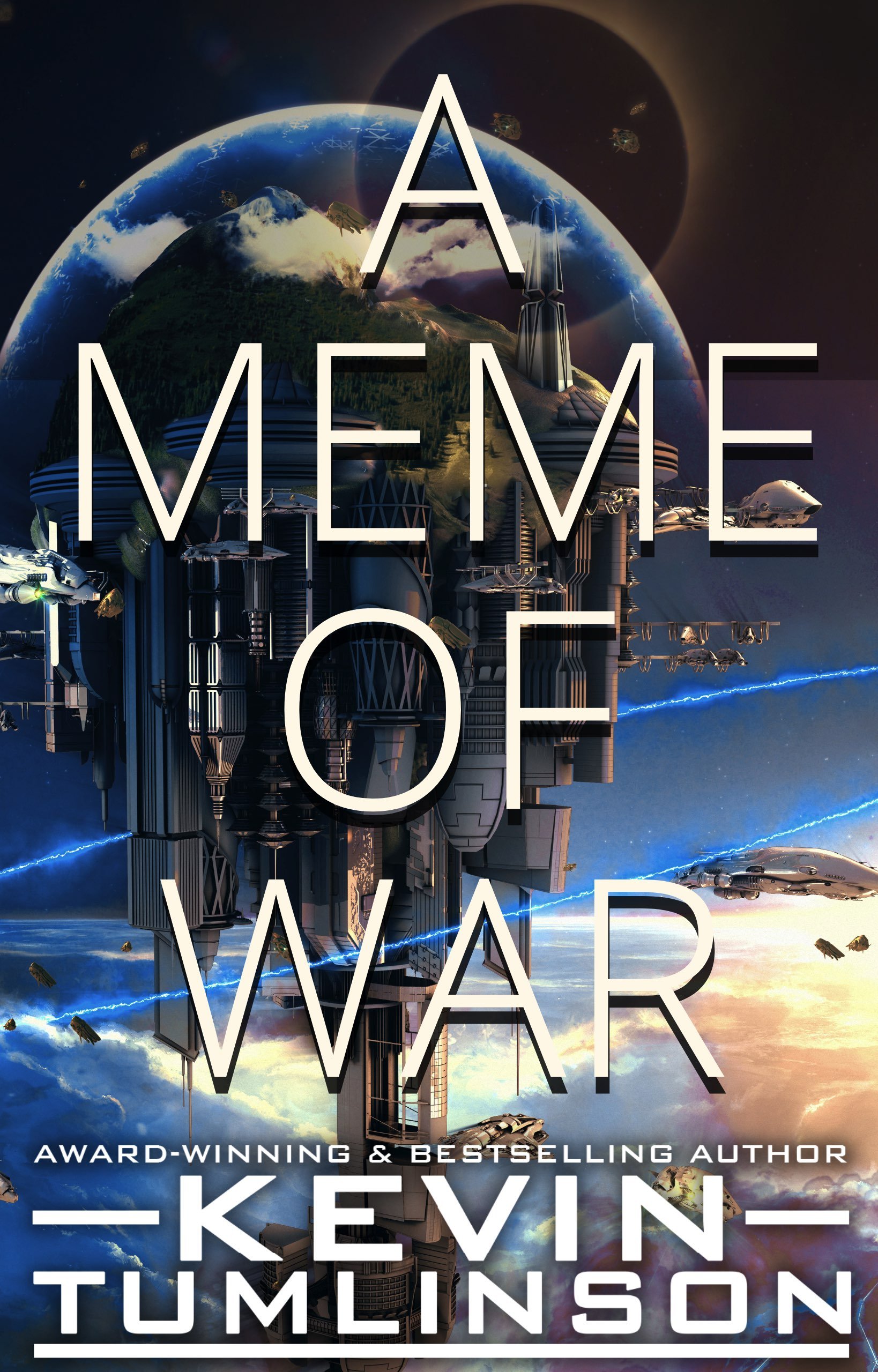
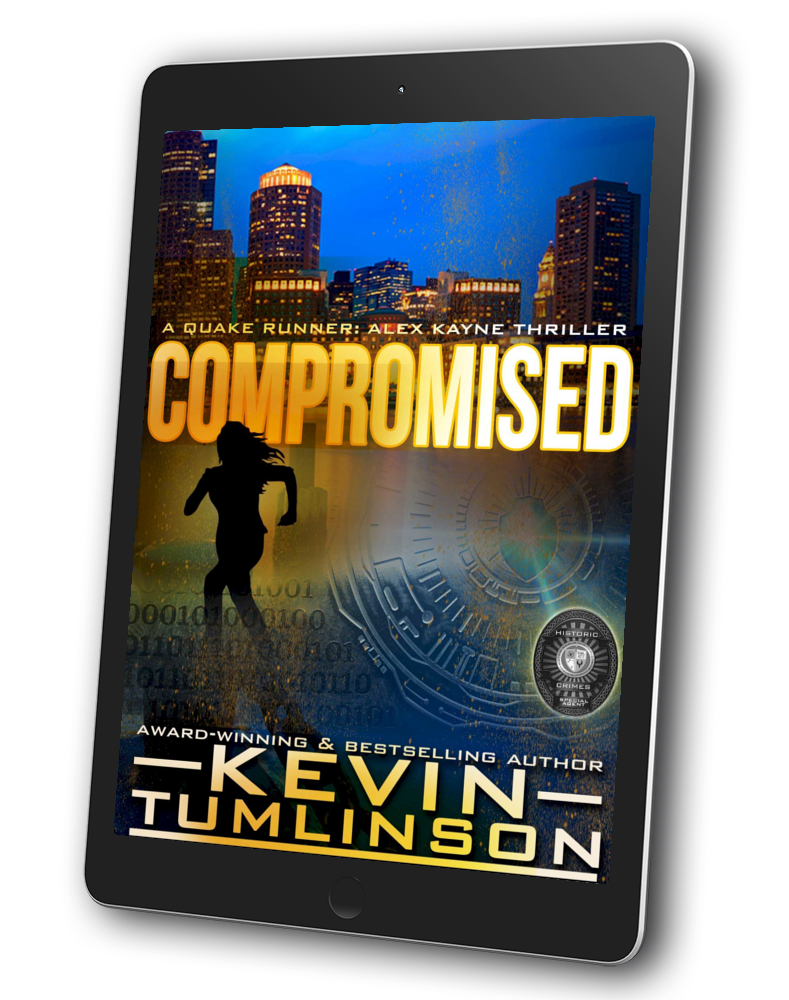
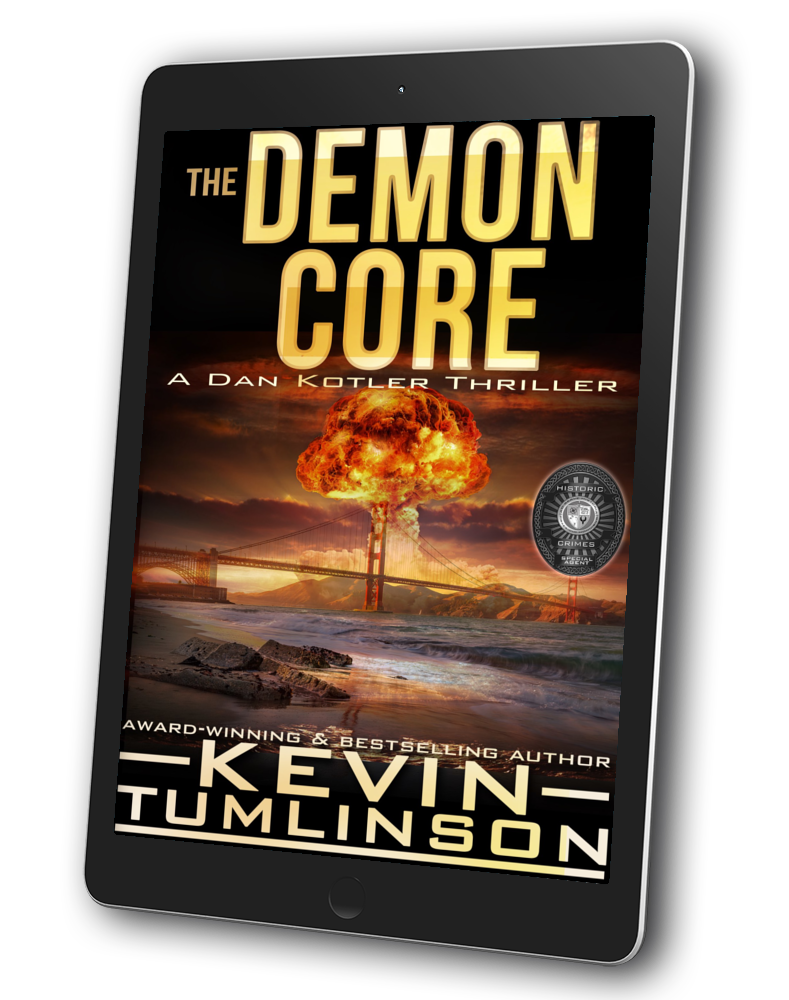
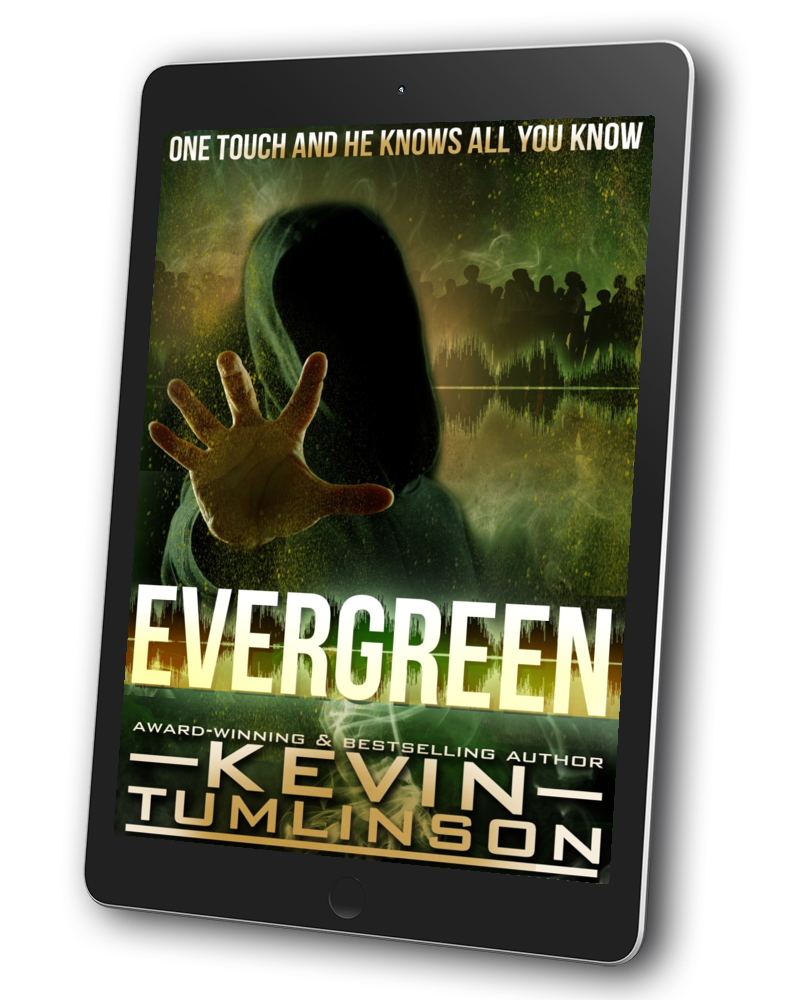
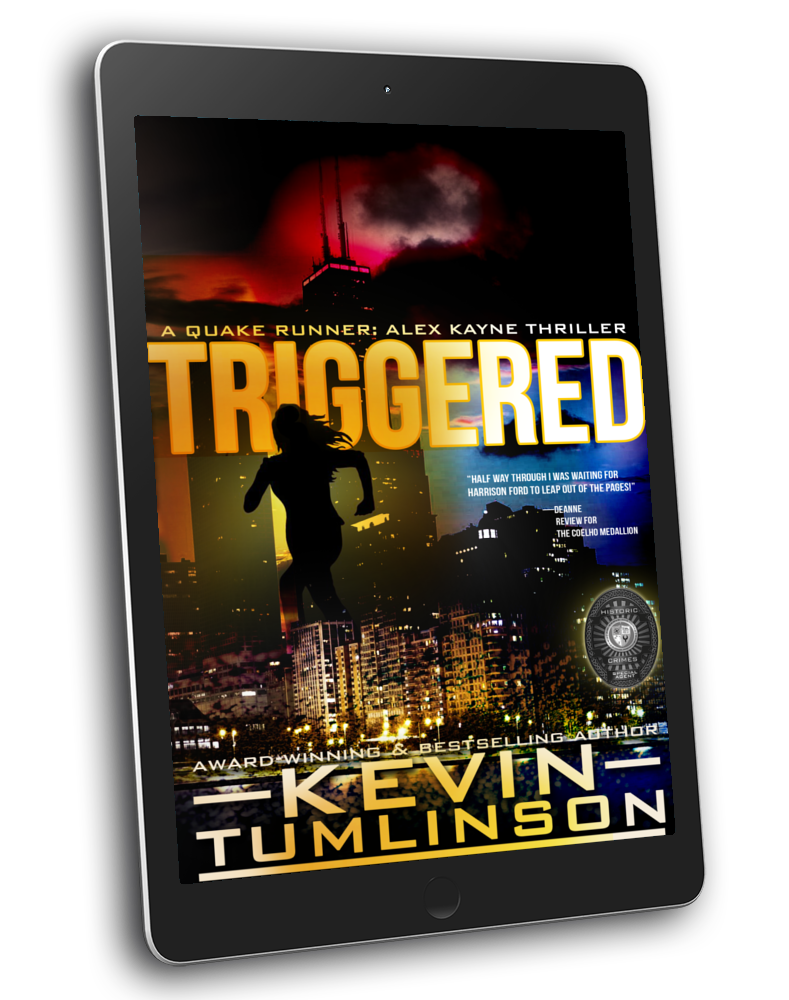
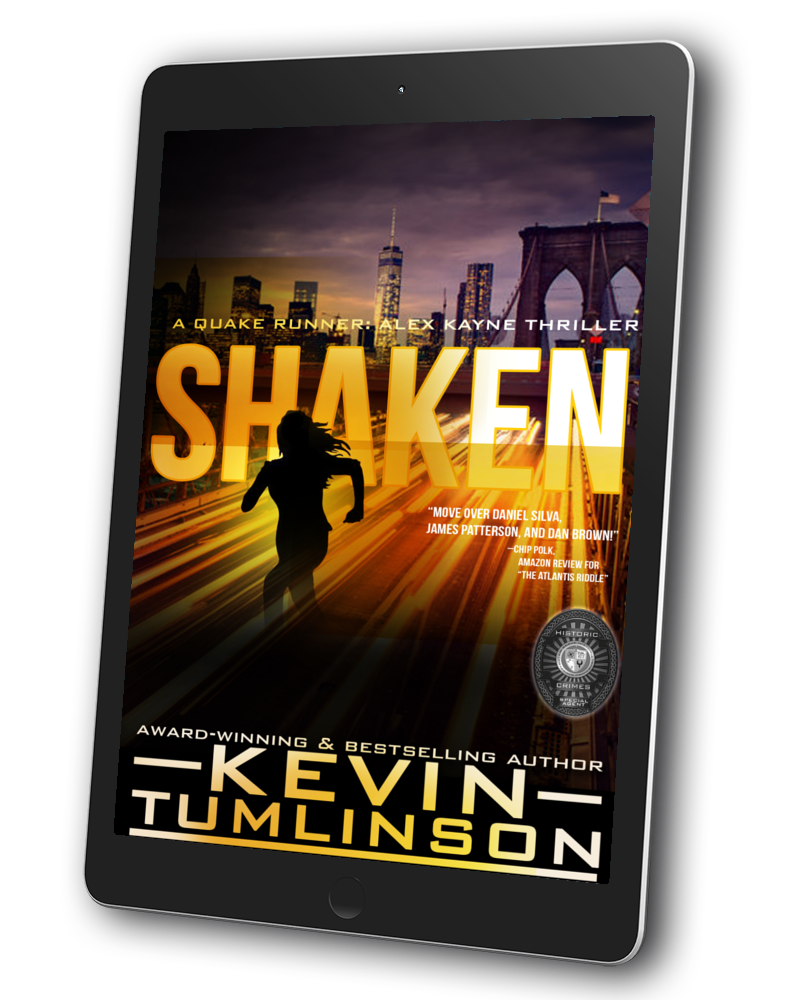
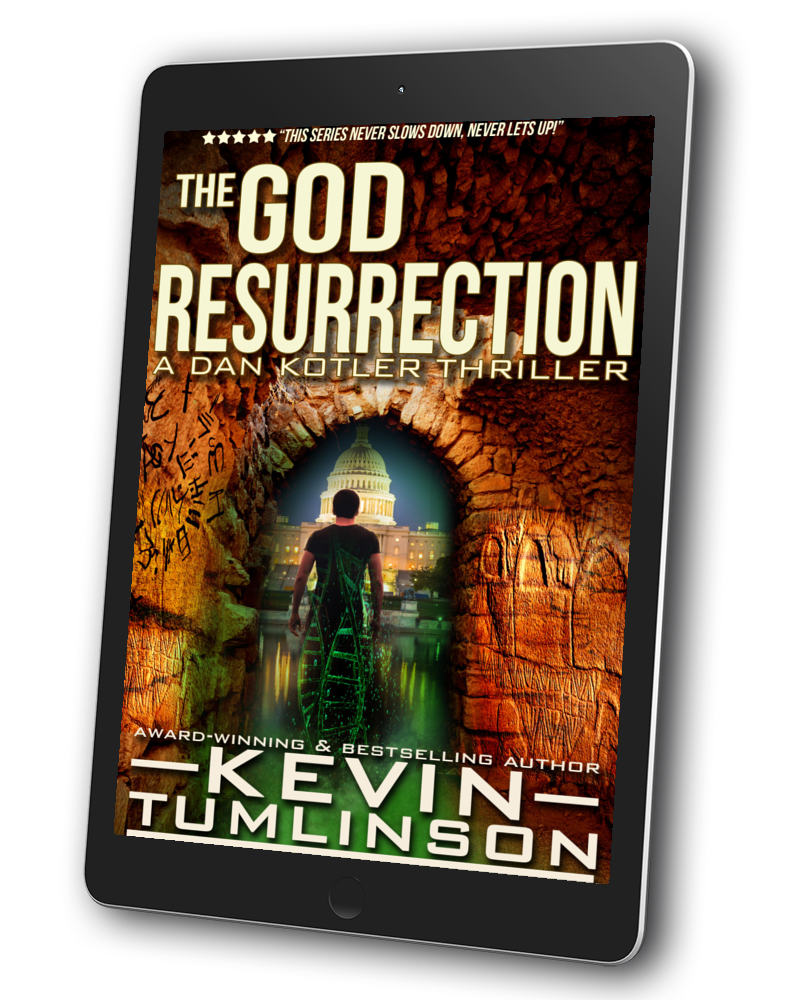







Dan Kotler is back, and this time he’s been recruited to help investigate a mysterious artifact that’s at the heart of a Senator’s disappearance. Engraved on the artifact is a lost Viking rune… but that’s impossible.
The artifact predates the Vikings by nearly ten-thousand years.
Now the artifact has been stolen, and whoever took it plans use it to unleash Hel on Earth. And only Dan Kotler can stop them!
Book 13 in the Dan Kotler Archaeological Thrillers!
>>CLICK HERE to Order The Forgotten Rune